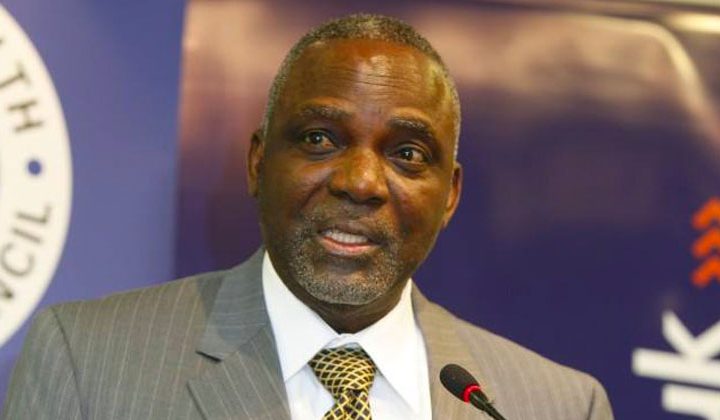Iowa has become the first U.S. state to remove gender identity protections from its civil rights law. Republican Governor Kim Reynolds signed the bill into law on Friday, a day after it passed in the state’s Republican-controlled legislature. The new law, set to take effect on July 1, eliminates legal safeguards for transgender people in Iowa.
Governor Defends Law as Protecting Women’s Rights
Governor Reynolds defended the law in a video posted on social media. “Before I signed this bill, the Civil Rights Code blurred the biological line between the sexes,” she said. Reynolds claimed the measure “safeguards the rights of women and girls” and aligns Iowa’s laws with federal civil rights policies.
Join our WhatsApp ChannelFormer U.S. President Donald Trump expressed support for the bill on Truth Social, writing, “Thank you Iowa!” He linked it to his own efforts against what he called “Radical Gender Ideology.”
READ ALSO: Trump’s Russia Pivot: A Threat To Global Democracy And NATO’s Future?
Backlash from Civil Rights Groups
The decision sparked strong opposition from civil rights groups and LGBTQ+ advocates. Mark Stringer, Executive Director of the American Civil Liberties Union (ACLU) of Iowa, criticized the law. “Today is a difficult day for all Iowans who rely on the rule of law to protect their basic human rights,” he said.
Stringer condemned Iowa’s move as “unacceptable,” saying it marks the first time a state has removed transgender people from anti-discrimination laws.
Protests at the State Capitol
Hundreds of protesters gathered at the Iowa state capitol on Thursday before the vote. Many carried rainbow flags and chanted, “No hate in our state.” Opponents of the law argue that it puts transgender people at risk of discrimination in employment, housing, and public services.
The measure redefines gender as the sex assigned at birth. It states that gender “shall not be considered a synonym or shorthand expression for gender identity, experienced gender, gender expression, or gender role.” It also removes gender identity from the list of protected categories, which include race, religion, sexual orientation, and age.
U.S. Sees Rising Restrictions on Transgender Rights
The U.S. has seen increasing restrictions on transgender rights in recent years. Since returning to office, Trump has pushed policies recognizing only two genders, male and female. His administration has also issued executive orders limiting rights for transgender people.
Governor Reynolds has previously signed laws restricting transgender participation in school sports and limiting their access to bathrooms. These policies reflect broader Republican efforts to roll back transgender protections at both state and federal levels.
Future Legal Challenges Expected

Legal experts anticipate lawsuits challenging Iowa’s new law. The ACLU and other advocacy groups are expected to take legal action, arguing that it violates constitutional protections. Civil rights groups say the law will create confusion and make it easier for businesses and institutions to discriminate against transgender individuals.
As Iowa moves forward with the new law, the debate over transgender rights in the U.S. is expected to intensify, with more states considering similar measures.
Emmanuel Ochayi is a journalist. He is a graduate of the University of Lagos, School of first choice and the nations pride. Emmanuel is keen on exploring writing angles in different areas, including Business, climate change, politics, Education, and others.


















